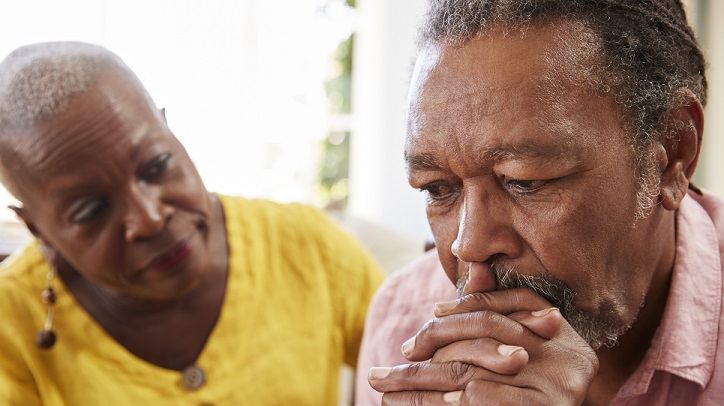Tough conversations you need to have

Don't put off talking about end-of-life wishes
In truth, we should all have some level of plan in place for the end of our lives. What type of medical care we do and don't want. Where we hope to spend our final days. What type of a funeral or memorial service we'd like. And ideally it should start when we're young and healthy.
But typically it doesn't, and we're left to have these conversations when our loved ones are sick and the decisions—and their implications—feel that much more real.
Worse still, if illness strikes suddenly, you could be left to make decisions without knowing what your loved one really would have wanted. Or, you could find yourself in a situation where family members are at odds over what to do.
The forms themselves are pretty straight forward but the conversation isn’t. Some resources that can help:
- PREPARE Created by Rebecca Sudore, MD a geriatrician and professor of medicine at the University of California-San Francisco, this step-by-step program includes workbooks and videos to help kick-start the conversation. Available in English and Spanish.
- The Conversation Project Offers multilingual conversation Starter Kits, including one specifically geared to people with Alzheimer’s or other form of dementia.
70 percent of Americans don’t have any advance directives, according to the Centers for Disease Control and Prevention.
How to start talking
One way to approach difficult conversations is to think of the care you’re providing as care-partnering rather than caregiving, says Beth Nolan, Ph.D., of Positive Approach Care (PAC), a training and advocacy organization in Efland, North Carolina. How to do that? “Think of the relationship first,” says Nolan. “If I can’t find a way to connect with you and have a mutual respect for the skills you have, then how good of an outcome are we going to get?”
One example: Try, “Hey Mom. Can you come and help me?" when in fact what you’re trying to do is get Mom to the dinner table to eat.”
What Really Matters: Quality of Life
The biggest conversation is quality of life, says Kathleen Dempsey, RN, BC, BSN, CEO and founder of Pathfinder Care Management in Minneapolis, MN. “And I think that’s really hard for family members. A lot of times, we have family caregivers come and say, ‘Well I think my mom or dad should move to assisted living because there are all these great activities and there’s a pool and a fitness center and it would be great. But when you talk to mom or dad, they don’t care about any of that. So I really think you have to be able to hear without your own bias and accept your parent’s definition of quality of life.”
That greatly ties into the end of life conversation. “That’s what you really need to know,” says Dempsey. “What does quality of life mean to this person, especially if there’s an element of dementia involved. At transition points, knowing what brings that person joy or a feeling of life is worth living is very, very important to deciding next steps.”
Community
Did you know that there are local agencies in every community to help you find the services you need?
Use the search feature, then input your zip code to find local help.
Two popular areas of need for caregivers:

